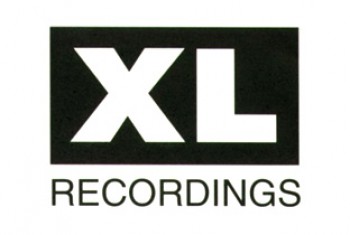iTunes Top 10 Singles & Albums



On October 19th, ASCAP will honor Tiny for her contributions as a songwriter. This is apart of the Annual ASCAP Presents…..Women Behind The Music Series. As you know Tiny was behind many huge hits when she was with 90s group Xscape. She was also the brains behind “No Scrubs” (TLC) along with Kandi Burruss.
“We created the Women Behind the Music series to recognize the immense contributions that women make across all areas of the music business,” said ASCAP Vice President of Membership, Rhythm & Soul, Nicole George. “Each woman we have honored since our inaugural event three years ago is a legend in her own right, and I’m thrilled to continue this amazing series with another round of outstanding and deserving honorees.
The exclusive Atlanta Women Behind the Music event, sponsored by Rémy Martin V, will take place on October 18 at Vanquish, l1029 Peachtree Street NE, Atlanta, GA, from 7:00-10:00PM. The evening will be moderated by HGTV personality and host of Atlanta radio station V103 FM’s On Air with Egypt, Egypt Sherrod, and will feature a special performance by R&B singer-songwriter, Mylah.”
Props to AllHipHop [AlLindstrom]
That’s according to Pandora founder Tim Westergren, who was stumping for lower royalty rates on Tuesday in San Francisco. And part of his complicated pitch was that successful artists are making a lot of money off the Pandora platform. ”There are artists making more than $2 million from Pandora,” Westegren told attendees at SF Music Tech Summit during a morning discussion. ”And, many artists are making more than $100,000.”
“You’d be surprised at how many artists are making more than the average household income in America. We’re talking about making a living on Pandora alone.”
Westergren estimated an ‘average household income’ at $50,000, enough the pay the bills in many cities. But outside of those details, the underlying message is this: please don’t kill us, labels, SoundExchange and publishers, because we’re good for artists.
So, ugh, lower rates so they can pay more? Westergren noted that Pandora is now spending all of its resources on advertising products and advertising sales to satisfy royalty obligations, not on programs that would empower struggling artists. ”The prospect exists for Pandora to actually activate fans for bands traveling around the country trying to bring people into clubs,” Westergren told interviewer Jon Healey, an LA Times journalist.
“But the development on that kind of technology is suffocated, because we spend every last penny trying to develop yet another ad product. And one of the invisible consequences to this kind of rate is that it stifles innovation, and a big piece of that innovation could directly impact the plight of the working artist.” [DigitalMusicNews]